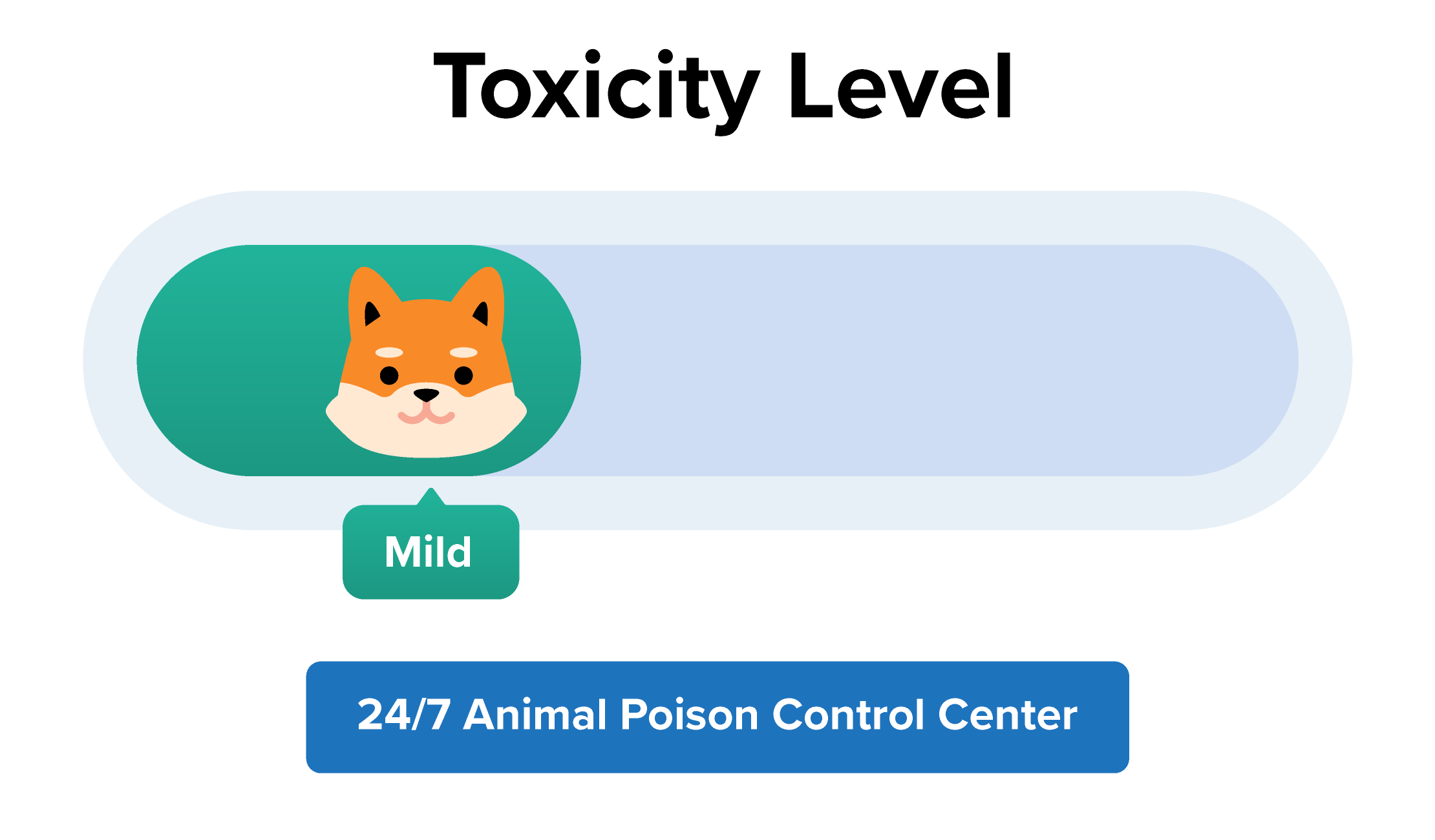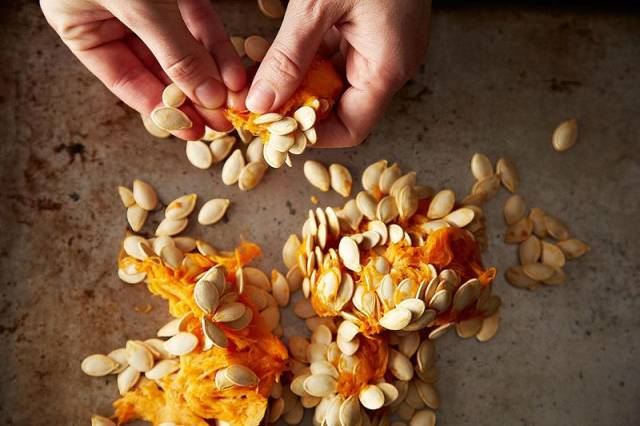Many people are eating healthier these days and choosing to eat more grains. One such grain that has become extremely popular is quinoa. But is quinoa good for dogs?
Connect with a verified veterinarian in minutes. Licensed vets are available 24/7 to answer your questions. No need to worry about your furry family member.
Has your dog eaten some quinoa? Are you worried the quinoa will make your dog sick? If so, then you’ve come to the right place. We understand it can be scary when a dog may have eaten something he shouldn’t.
In this article, we’ll take a look at quinoa and whether or not it can make a dog sick. Let’s get started!
What is Quinoa?
Quinoa is a gluten-free seed that can take the place of rice and other grains. It was first eaten thousands of years ago by the Inca. They called quinoa the mother grain. Today, quinoa is considered to be a very healthy food for humans.
This grain is low-carb, which means it’s perfect for anyone on the Keto or other low-carb diets. It’s also an excellent source of nutrients, including:
- Manganese
- Magnesium
- Phosphorus
- Folate
- Copper
- Iron
- Zinc
- Potassium
- Vitamins B1, B2, and B6
- Calcium
- Niacin
- Vitamin E
What’s more, quinoa is a non-GMO food, which is usually organically grown.
While quinoa is extremely beneficial for humans, what about dogs?
Quinoa & Dogs
You’ll be happy to know that quinoa is safe for most dogs! We say “for most dogs” because quinoa can cause some issues in dogs.
Quinoa, along with all of its nutrients, contains a substance called saponin. This substance helps the plant to protect itself against insects. Saponin is known to cause intestinal irritation in humans and dogs. However, it’s important to note that there’s not much saponin found in quinoa. In other words, a dog would have to eat a lot of quinoa in order to develop symptoms from the saponin.
Another substance found in quinoa is called oxalates. Oxalates can cause digestive problems in some dogs. They can also increase inflammation, which may make arthritic dogs feel worse.

Review symptoms, medications & behavior to keep your pets healthy with a Vet Online in just minutes.
Ask a Vet Live NowSymptoms of Quinoa Ingestion in Dogs
You may notice these symptoms if your dog is not able to digest quinoa:
- Loss of appetite
- Oral pain/pawing at his mouth
- Drooling
- Vomiting
If you notice these symptoms in your dog, then do not feed him quinoa again. And if the symptoms are concerning in any way, be sure to call the vet. Let them know your fur baby has eaten quinoa and the amount eaten.
Feeding Quinoa to Your Dog
If your dog loves quinoa, then be sure to rinse it before feeding it to him. This helps to wash off most of the saponin. In addition, avoid adding anything to the quinoa such as sugar, onions, garlic, and more. These foods are not good for dogs; the onion and garlic are very toxic to dogs.
Be sure to check with the vet to see how much quinoa you should feed your dog. If he likes it and doesn’t get sick, then let him enjoy some healthy quinoa!
Connect with a verified veterinarian in minutes. Licensed vets are available 24/7 to answer your questions. No need to worry about your furry family member.

Julie
Julie is a graduate of the University of North Carolina, Wilmington, where she studied Animal science. Though contrary to the opinion of her parents she was meant to study pharmacy, but she was in love with animals especially cats. Julie currently works in an animal research institute (NGO) in California and loves spending quality time with her little cat. She has the passion for making research about animals, how they survive, their way of life among others and publishes it. Julie is also happily married with two kids.
Review symptoms, medications & behavior to keep your pets healthy with a Vet Online in just minutes.
Ask a Vet Live Now




